Why I’m reconsidering the way I talk to my teen about substances
Secrecy about my use of cannabis and MDMA isn't cutting it anymore
It’s not easy to talk openly with kids about substances when you’re actively using them yourself.
As I prepare for a weekend blowout with friends at a farm east of Toronto, I’m thinking a lot about not talking openly with my 15-year-old son about substances. The thing is, my husband and I haven’t figured out how.
Take yesterday, for example. My husband was heading out to meet the guy we buy MDMA from. We were whispering in the washroom, door closed, while our son played video games downstairs.
“Are they pills or capsules? And how many are you getting?” I whispered, doing up my jeans.
“Not sure yet,” he said.
“Can you lock them in the safe when you get home?” I asked, nodding my head toward the teenager.
“Good idea.” My husband checked his hair in the mirror, wanting to look presentable for our … what should I call him? Our safer source? With the ‘r’ at the end because no source of illicit drug is completely safe. He’s far from a stereotypical dealer. To us, he’s a knowledgeable guy, and we trust that he tests everything for fentanyl and other dangerous substances before he sells it.
So why were we whispering? And why did the idea of locking our stash in a little safe give me such a thrill? Does our secrecy with our son echo the same silence we once kept with our own parents, sneaking beer out of the house in our backpacks on Friday nights?
Truthfully, we know we have to do better than our hush-hush conversation in the washroom. We know that avoiding the conversation about our substance use isn’t the answer. It creates a gap where curiosity and misinformation can grow. But talking about our substance use feels really weird. My husband and I both had the same war-on-drugs conditioning in the ‘70s and ‘80s, so we have no idea of where to start.
We know we don’t have to share all the details. The point of these conversations would not be to encourage substance use, but to reveal how mature adults do it: Occasionally, safely, and without feeling terrible the next day. I’m pretty sure our use of MDMA with friends, though it is outside the law, isn’t something shameful. It’s not something we truly need to hide from our son.
Cautious use of MDMA has been part of our story as a couple. It’s brought emotional and social benefits to both of us. It’s known to be less addictive and less toxic than many other readily available substances we know our son will be presented with over the next few years. We want a chance to explain the harm spectrum, the pleasure spectrum, and how conscious substance use involves a decision-making process that considers both. (More on the spectrums in a future post!)
I believe our son is capable of nuanced understanding. And he’s familiar with the refrain: “Wait until you’re older.” We say it all the time. And we expect him to believe us—obey us, even—when we drink alcohol on a special occasion and say: “it’s better for your brain and your social life if you avoid this stuff for now.”
Our son is abstractly aware my husband and I sometimes use cannabis, but the thought of being seen smoking a joint in front of him is still scary. Yes, it’s fully legal where we live. But the anti-marijuana conditioning we received in the first half of our lives dies hard. We’re still find ourselves hiding behind a tree, keeping an eye out for cops and kids.
Even just the gesture of putting a burning stick to our lips in front of our innocent offspring! It feels wrong. Maybe vaping cannabis is less carcinogenic, but we’re trying to making the point at home that vaping nicotine is a big no-no, so… it gets complicated.
Unlike cannabis, MDMA is illegal. And I think that’s my husband’s real reason for wanting to keep our use on the down low. But still, this a choice we’ve made thoughtfully, and our son deserves to understand that. I don’t want him finding out about illicit substances like MDMA on his own. If he learns about them from friends or online, we lose the chance to guide him toward safer supply and responsible use.
If we can talk to our son about this now, when he’s 15—and still listening to us a little bit—he’ll know he can trust us to have neutral and informed conversations. It’s not just about today. This is a conversation that will ideally last years, hopefully well into his adulthood. We may find ourselves learning something about substances from him one day, if we’re lucky.
I’ve come to the realization that we can’t shield our son forever. We need to find a way to be transparent. How can we expect our son to be open with us if we aren’t open with him?
I want transparency for our family. But right now, I’m aware that for my husband and I to feel comfortable, we need to take it one step at a time. And the first step for us is always learning.
This translates to mean: Me, diving down a wormhole, figuring it all out in great detail, then presenting it to my family as a cutely illustrated easy-to-read article I wrote for Substack! I don’t mind. It’s what I’m good at.
Maybe my research will help you, too. Check out my article: 7 Tips for Talking About Substance Use: A Practical Guide for Parents.


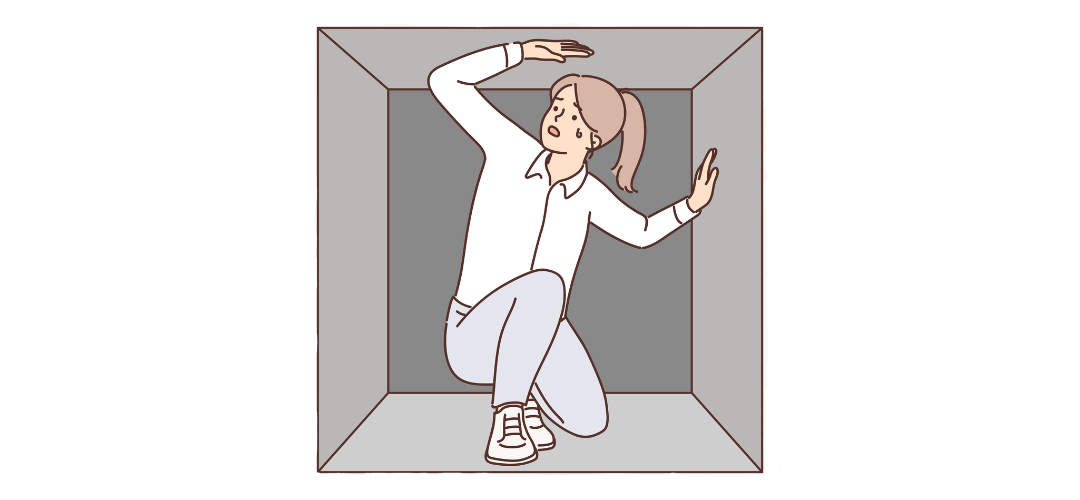
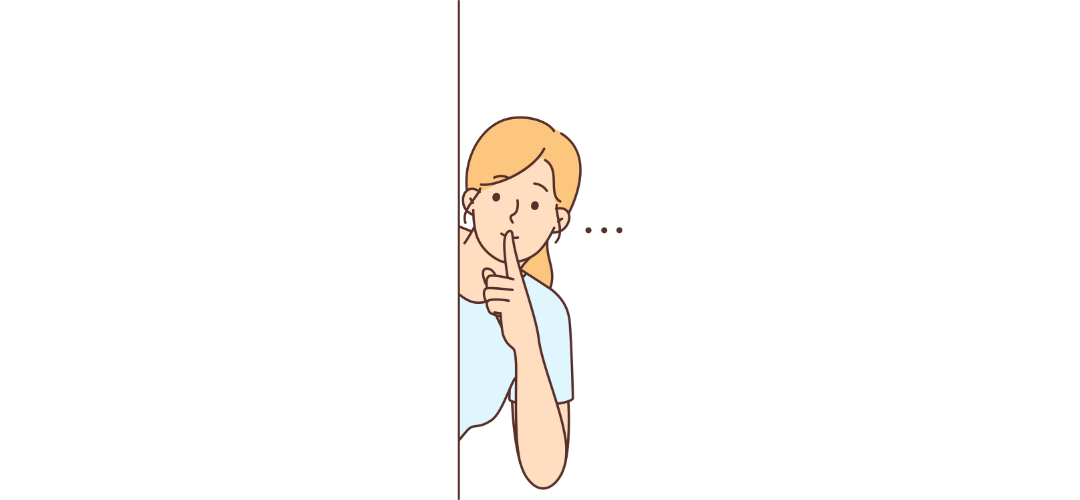
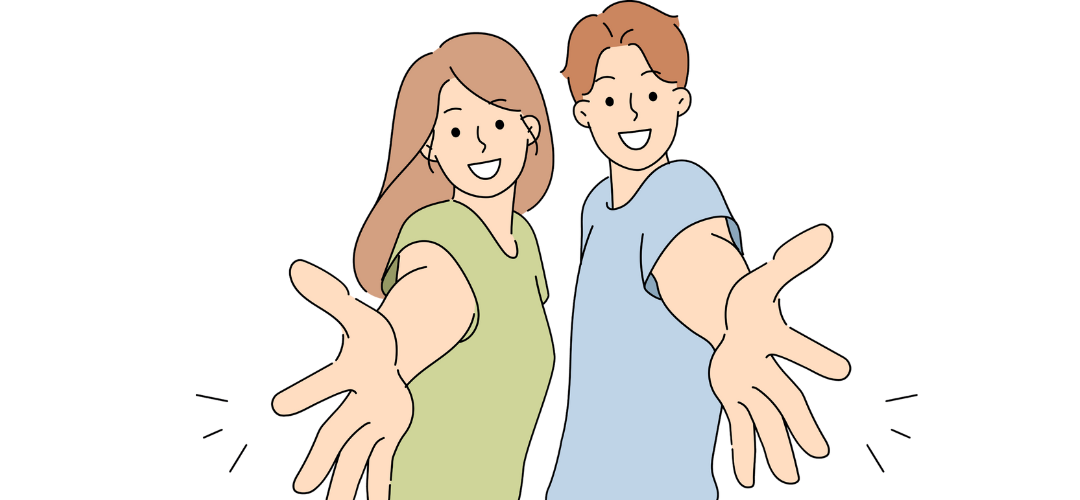
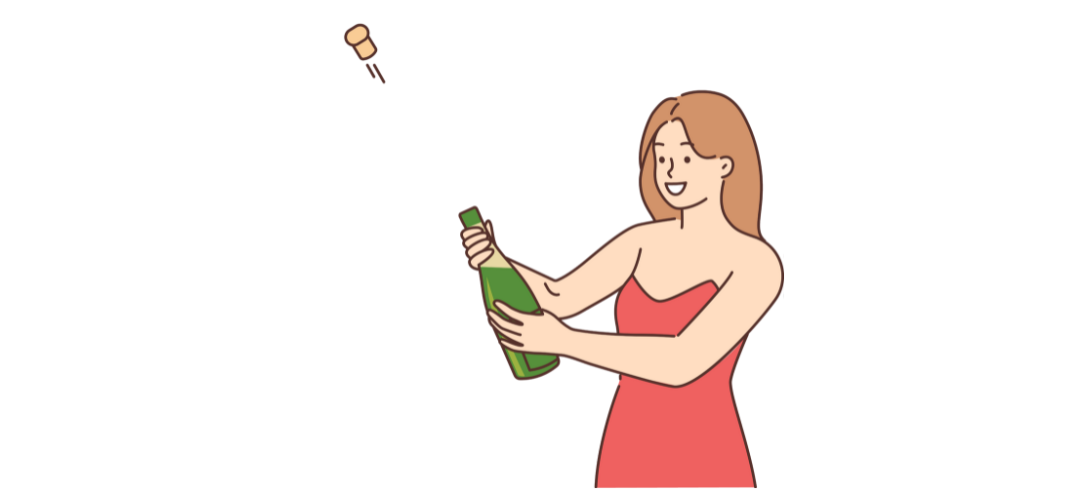
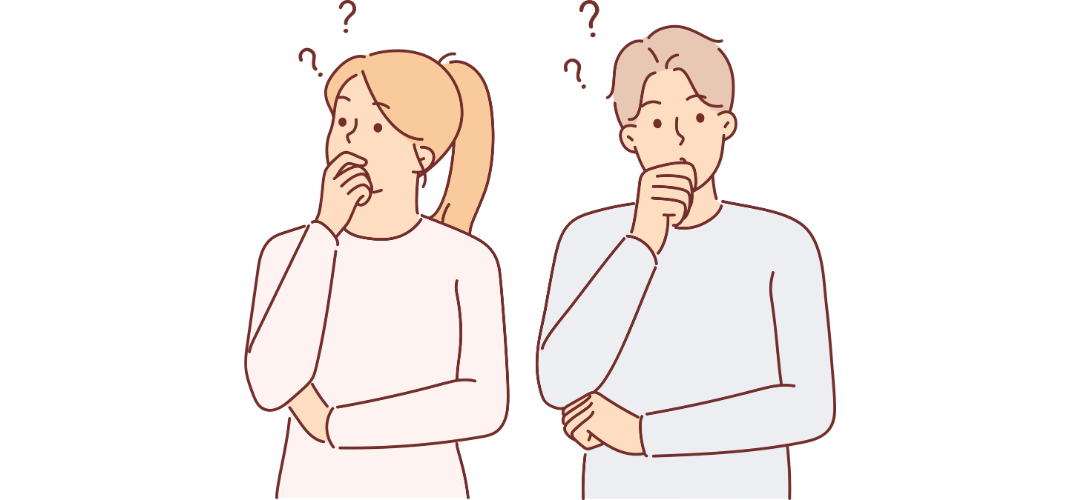
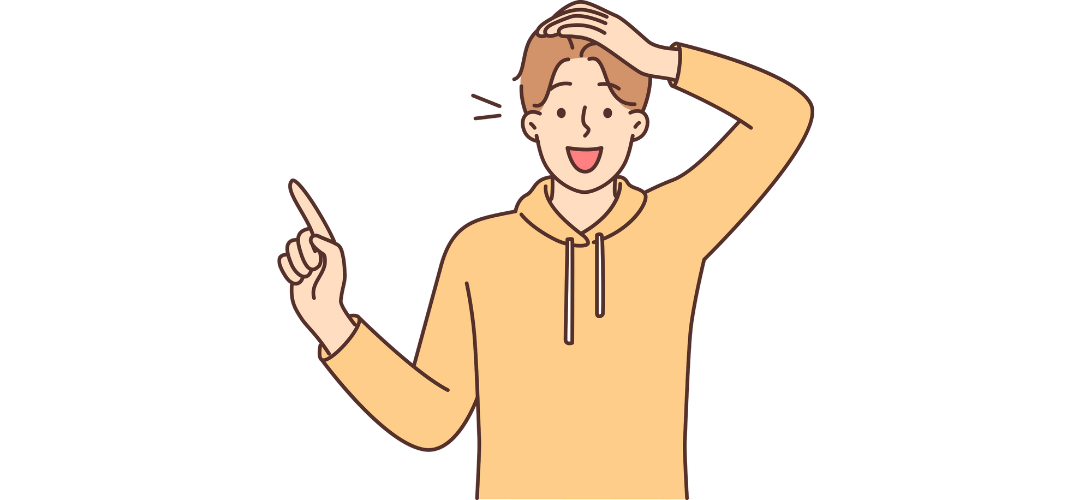

Hi, Daphne -- At 15, my son was straight edge. He had won the Dare contest for an anti-drug poem when he was in 6th grade and took the just-say-no message very seriously. He had never had a drink nor a drug and was pretty arrogant when talking to friends about how stupid he thought it was that they polluted their minds. I was a secret cannabis user and rarely drank around my children. Then one day a friend of his got tired of my son's lecturing, and said, "Your mom smokes pot." My son said he was sure that was a lie, and the friend said, "No, your mom bought Purple Haze from my dad yesterday."
My son confronted me and I admitted that I did smoke marijuana but had hidden it from him and his sister because I didn't want them to use drugs. He was so incensed by my hypocrisy that he immediately, that night, went out and got blitzed, smoking weed and drinking heavily. And from that night on he was high for most of the rest of his life.
He smoked pot with a dedication neither I nor anyone who knew him had ever seen. He sometimes set an alarm to wake up at 2 in the morning so he could smoke and experience being high by himself. He was arrested a couple of times in high school for marijuana, the laws then being much stricter, but because he was a middle-class white boy, the judge referred him to rehab rather than leave him with a record. His rehab counselor said I had to stop smoking pot for him to stop smoking pot, so I did, and we were both clean for about 6 months together, but once he went back to getting high, so did I. He barely graduated high school, but because of high SAT scores still got into college, and then was arrested there for dealing drugs. He was like most teen boys, sure he was invincible and very reckless with his body. He did LSD more than 40 times, he did Xanax, he did coke, he *loved* MDMA.
When he was 23, someone who didn't have coke offered him crack, and he "tried it," and then was amazed to discover he couldn't stop wanting it. He ran through his student loan money and only called us for help after selling his own Playstation. I fought hard to get him into a rehab, though they told me they didn't have rehab for people who did crack, only for opioid addicts, since crack was not physically addictive and couldn't kill you. The guys in rehab taught him how to shoot up, and he soon went from telling me, "Don't worry Mom, I don't even like heroin," to being a heroin addict. He died of an overdose of heroin and meth when he was 26.
What is the moral of this story in terms of whether we should tell our children about our own drug use? I wish I knew. I have often said to friends that I wish my son had only been a pothead, as then he would still be alive. I don't believe marijuana is necessarily a gateway drug, despite it's having served as one for my son. My father was a heroin addict, who died at 24, and I do believe addictive genes run in our family, but looking back I do not know how I could have prevented the tragic outcome of my son's life. I suppose I wish I had spoken more openly to him about my own marijuana use, so that he wouldn't have reacted as he did, determined to get high as soon as he knew that I did, but perhaps then his addiction would have just started earlier.
I very much appreciate you opening up this subject and encouraging parents to think about how we talk to our children about drugs. I wanted to make my comment public so that we could have a conversation about it with others. Thanks for your writing and vulnerable sharing.
Warmly,
Lanette
For me, it was a BAD idea to share with my son. He ended up romanticizing guys like Hunter S Thompson in high school and ended up at 25 addicted to all sorts of shit. A good rehab facility, a good therapist, and writing saved his ass, and now he has his head on straight, but it was one of the biggest mistakes of my life.